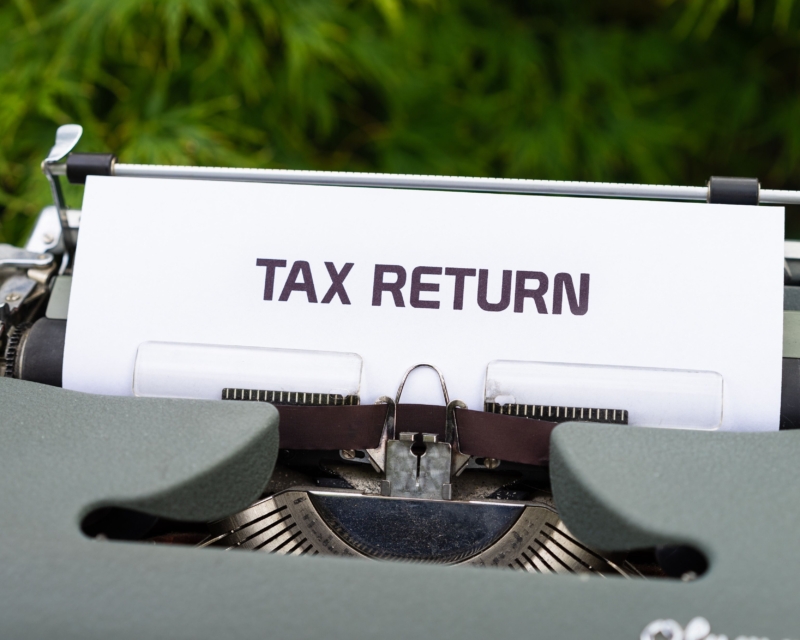Capital Gains Tax Battle: Money, Politics, and the Supreme Court
In the hallowed chambers of the United States Supreme Court, a decision of profound significance looms. The Freedom Foundation, a conservative think tank, awaits the high court’s verdict on its appeal, challenging the constitutionality of Washington State’s capital gains tax. The outcome could have ripple effects far beyond the Evergreen State, touching the very fabric of taxation, rights, and the evolving landscape of fiscal policy in America.
For those not in the know, Washington State’s capital gains tax is a 7% levy on gains exceeding $250,000 in a calendar year, arising from the sale of certain long-term capital assets like stocks, bonds, business interests, and other investments. But it’s not the tax itself that has raised the hackles of the Freedom Foundation and many others; it’s the profound implications it carries.
The Freedom Foundation’s argument hinges on the notion that this tax is not just unconstitutional but carries implications that could reverberate throughout the nation. Their claim suggests that the tax could be a foot in the door for politicians to tax out-of-state transactions, potentially setting a perilous precedent.
It all began in March when the Washington State Supreme Court, in a 7-2 ruling, dismissed the Foundation’s assertion that the tax violated state constitutional requirements for uniformity in property and income taxes. Justice Debra Stephens, writing for the majority, characterized the tax as an excise, noting that it’s imposed on the sale or exchange of capital assets, rather than on the assets themselves.
This novel interpretation is seen by critics as a gateway to open Pandora’s tax box, as it provides politicians with the authority to tax transactions that stretch beyond state borders. It’s a double-edged sword, giving states more fiscal muscle but potentially burdening taxpayers with complex, multi-state tax obligations.
Yet, proponents of the tax argue that it’s a matter of fairness, long overdue in Washington State’s tax system. Governor Jay Inslee celebrated the Supreme Court’s decision, labeling it as the dawning of a fairer tax system, where the burden isn’t disproportionately shouldered by the working class.
The battle over this tax is not merely about legality; it’s a microcosm of the broader ideological struggle between proponents of progressive taxation and those advocating for limited government. It’s a debate on equity, economic liberty, and fiscal policy at large.
The financial implications are staggering. With Washington State having already collected close to $850 million from the capital gains tax this fiscal year, more than three times the initial projection, it’s evident that the coffers of states are at stake. The battle lines have been drawn, with conservative organizations like the Freedom Foundation vowing to fight on.
As residents in high-tax blue states continue to migrate to lower-tax red states, the fiscal landscape is becoming increasingly polarized. The potential for more states to follow in Washington’s footsteps, imposing capital gains taxes or pursuing creative revenue-raising endeavors, is a specter looming large.
In this era of political polarization and shifting financial tectonics, the Supreme Court’s decision on this tax case may serve as a significant waypoint in the ongoing struggle for fiscal equity and the enduring balance between states’ rights and individual liberties. Only time will reveal the extent of the seismic shifts to come.






